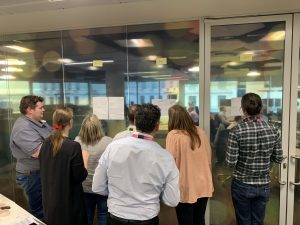
Value Proposition Mapping
How to articulate what the key value of your product and services? We ran a 1 day workshop to refine language around a groundbreaking new proposition
We’re lucky to work on all the topics that stretch the energy sector: Energy-as-a-Service, Vulnerable Energy Consumers, EV-Charging and Smart Grids (DSR, DSM, P2P, V2G etc).

How to articulate what the key value of your product and services? We ran a 1 day workshop to refine language around a groundbreaking new proposition

If we are to reach net zero carbon emissions, businesses will have to play their part.
We set out to understand what businesses are trying to achieve through energy management and what their key needs are to determine what an energy management solution might look like and how demand-side response (DSR) could be part of this solution.

When it comes to heating, people care more about their experience than how it’s delivered. They want to control how much they spend on their comfort, but don’t know how. If they could buy their Heating as a Service, then they choose how much to spend on their plan.
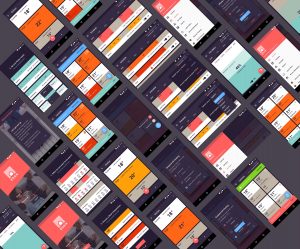
To get the best out of a heat pump, you need to drive a little different. We built a concept UI that gives real users the kindest heat pump experience.

It’s hard to relate the things we do at home to the energy we use. So we use models to relate behaviour to energy.

We collaborated with Bristol Energy to launch the UK’s first ever Heat Plan. Heat Plans allow people to pay for heating in ‘Warm Hours’ instead of traditional kilowatt hours.

In May 2018 we fielded a team of UX and Service Designers to attend Octopus Energy’s ‘OctoHack’ event where the focus was novel applications of the Agile tariff API.

We collaborated with Ofgem to think about the future of energy and what policy change could look like.

Imagine people bought energy services, like a warm home, instead of units of fuel. Our consumer segmentation report is essential reading to developers of energy services.

Back when smart heating controls first came to market government wanted see how easy they were to use to inform their policies.

Millions of households live with illnesses made worse by the cold. What if you could prescribe a warm home to them? We thought we’d try this out by prototyping a smart energy service for households suffering from a cold-related chronic illness.
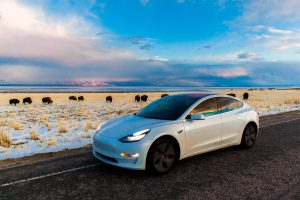
60,000 electric vehicles were bought in UK last year. We interviewed electric car drivers to see what they thought about letting energy suppliers control their charging.
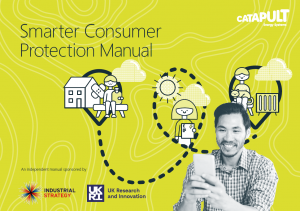
Decarbonisation of the energy system will change the way that consumers use and buy energy. If you want to ensure that your innovation is inclusive for all it is essential that you understand consumer risks. We created a manual with structured tasks to help you identify your risks and consider how you might address them.
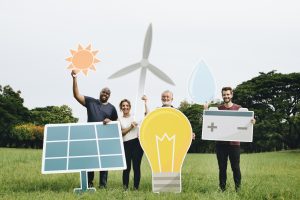
Government is investing £100m in smart local energy system innovation projects from 2019-22. The aim is to create high value jobs providing cleaner, cheaper renewable energy.

Back in 2014 we were early on our journey to find out how to decarbonise heating. Businesses were starting to launch smarter heating controls. We wanted to find out how people used them.

People often find their heating controls confusing and hard to use. Most put up with problems like drafts or damp. We knew people liked better control. BEIS wanted to find out how they actually used it, so we used our Living Lab of 100 homes to find out.

If we want consumers to take up new energy services they must first understand them. We looked into deciphering the language around Demand Side Response (DSR) with our Home Truths® panel.
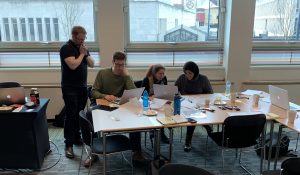
There’s growing interest in the idea that businesses could sell energy as a service. Confident we could sell Heat as a Service, we wanted to explore how to add Hot Water. We used a Design Sprint to see how far we could get in three days.

We hear more and more about electric vehicles every day. We see charging points for them at supermarkets and motorway services. But how do people really feel about EVs?

We use 80% of our energy at home for heating and hot water. This produces 20% of our carbon emissions. We need to give people the heat they want without the carbon. So, back in 2013, we built a team of leading academics and consultants to understand how people use heat at home.
Come and see us for a friendly
chat over a cuppa.
Cannon House, 18 The Priory Queensway
Birmingham B4 6BS8
We love small print. Said nobody, ever.